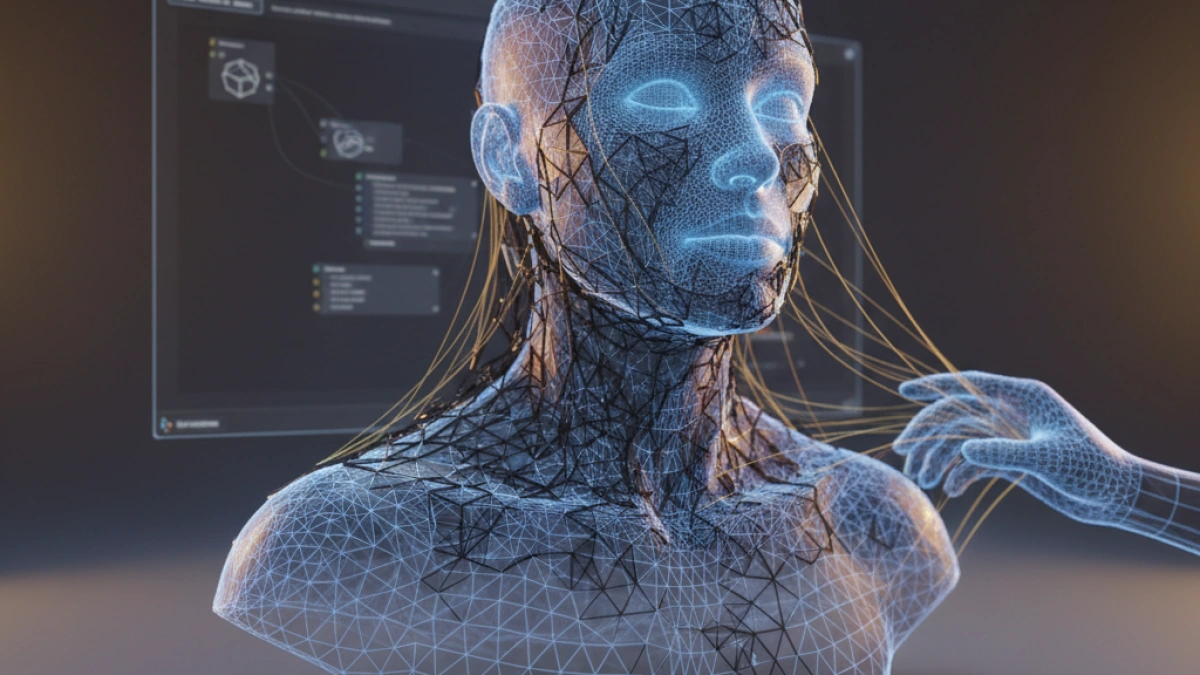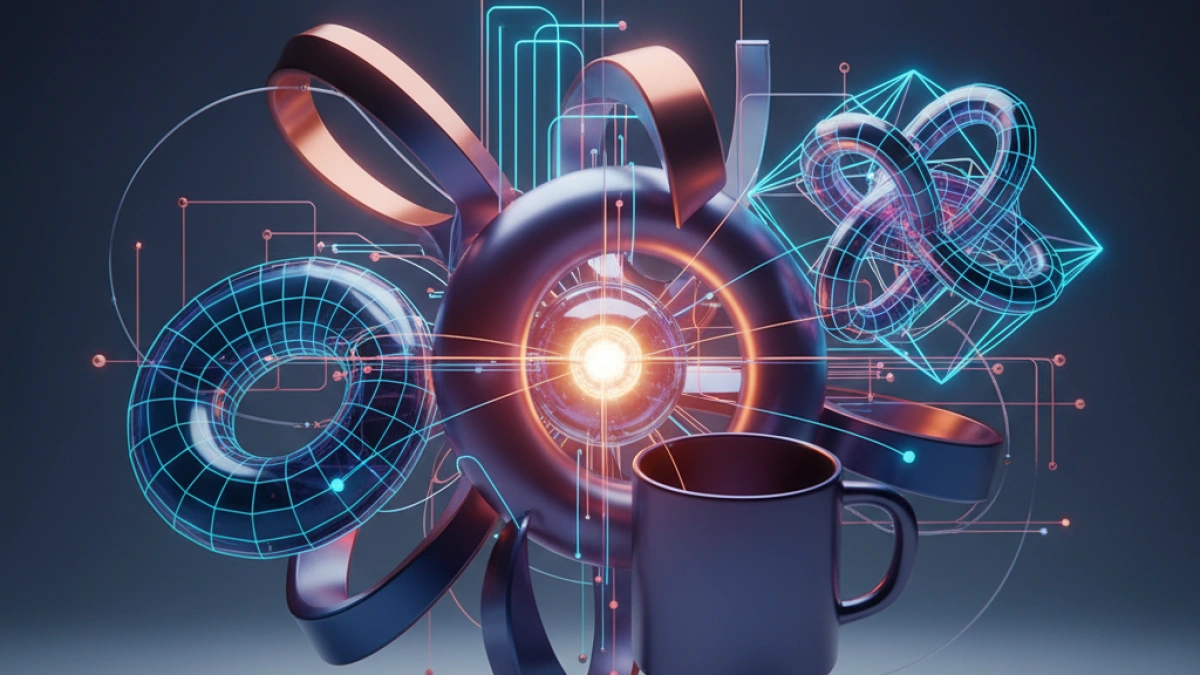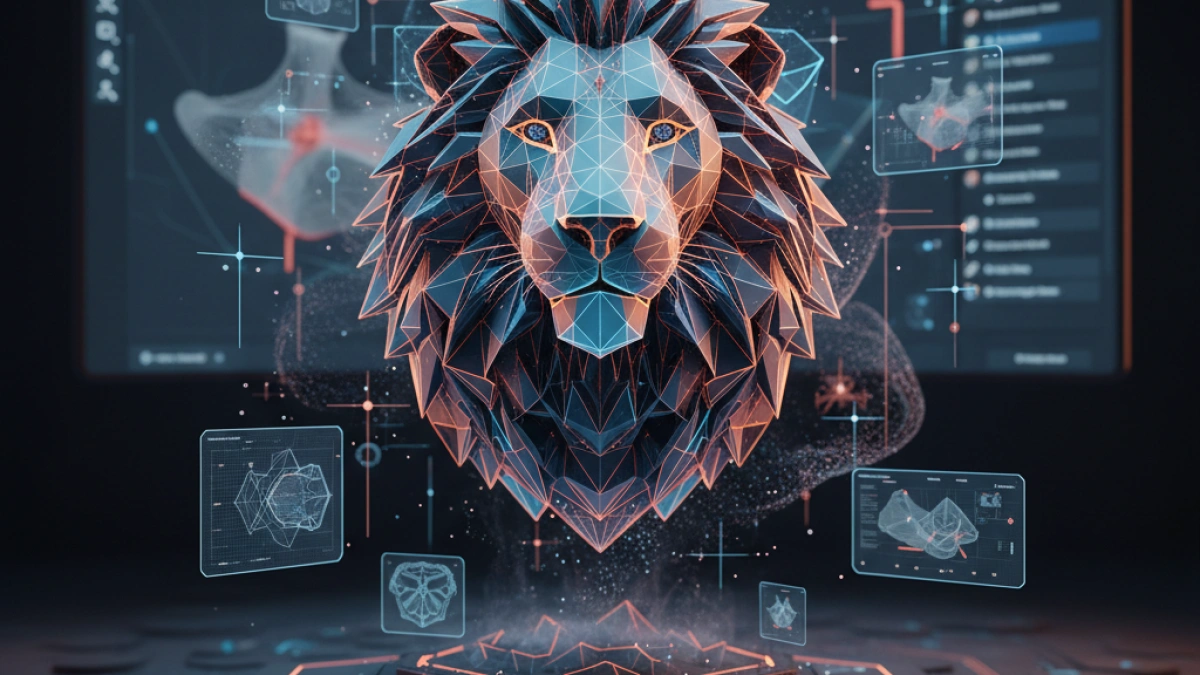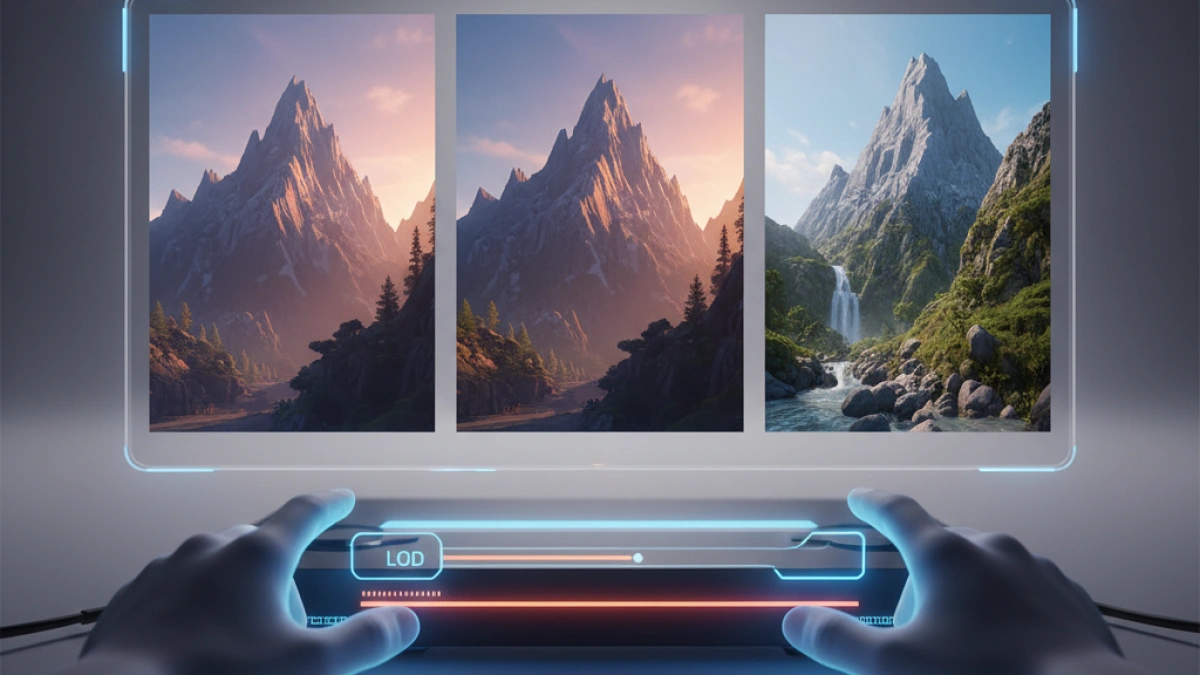What is the retopology process in 3D modeling?


Retopology is a fundamental technique in the world of 3D modeling that allows for the optimization and enhancement of a digital model's geometry. This process is crucial in various fields, including video games, film, and architectural visualization. In this article, we will explore in depth what retopology is, why it is important, and how it is carried out.
What is Retopology?
Retopology is the process of recreating the topology of an existing 3D model. This process may involve modifying the polygonal mesh of a model to improve its flow and structure, making it easier to use in real-time applications and animation. Retopology is commonly used when working with 3D scans, high-resolution models, and when preparing models for animation.
Why is Retopology Important?
Retopology is vital for several reasons:
- Performance Optimization: Models with a well-defined mesh are less resource-heavy, improving performance in game engines and animation software.
- Ease of Animation: Proper topology allows models to deform more naturally during animation, resulting in smoother and more realistic movements.
- Efficient Texturing: Retopology aids in the creation of optimal UV maps, making it easier to apply textures and details without compromising visual quality.
Retopology Process
Tools and Software
There are various tools and software that facilitate the retopology of a 3D model. Some of the most commonly used include:
- Blender: A free and open-source software that offers powerful modeling and retopology tools.
- Maya: A professional tool widely used in the film and video game industries, ideal for retopology.
- ZBrush: With its ZRemesher feature, it allows artists to quickly simplify the geometry of a model.
- 3ds Max: Another popular software that offers specific tools for retopology.
Steps in the Retopology Process
- Evaluation of the Original Model: Before starting the process, it is essential to analyze the existing model to identify areas that need improvement in topology.
- Adding a Base Mesh: Often, the process begins by adding a new mesh over the original model. This new mesh may be simpler and have fewer polygons.
- Adjusting the Topology: This involves creating a polygon structure that follows the flow lines of the original model. The key is to ensure that the new mesh retains the necessary shapes and details.
- Merging the Mesh: Once retopology is complete, the new mesh can be combined with the textures and details of the original model.
- Applying Additional Details: Additional details such as normal maps can be added, allowing the original appearance of the model to be preserved without maintaining geometric complexity.
Advantages and Disadvantages of Retopology
Advantages
- Better Real-Time Performance: An optimized mesh results in lower processing load, which is crucial for video games and interactive applications.
- Flexibility in Animation: A well-retopologized model animates more efficiently, with less risk of errors.
- Control Over Texture Quality: Retopology allows for better work in creating UV maps and textures.
Disadvantages
- Time and Patience Required: The retopology process can be labor-intensive and time-consuming, especially for complex models.
- Risk of Losing Details: While optimization is achieved, there is a risk of losing some subtle details in the process.
Conclusion
Retopology is an essential process in 3D modeling that not only enhances the performance of models but also allows for smoother animation and better texture application. Through careful attention to the creation of topology, 3D artists can transform complex models into functional and optimized pieces for a variety of applications. If you are starting in the world of 3D modeling, spending time to understand and practice retopology can make a significant difference in the quality of your work.
Read also
With the right tools and a good understanding of the workflow, retopology will become one of the most valuable skills in your 3D modeling arsenal.


















